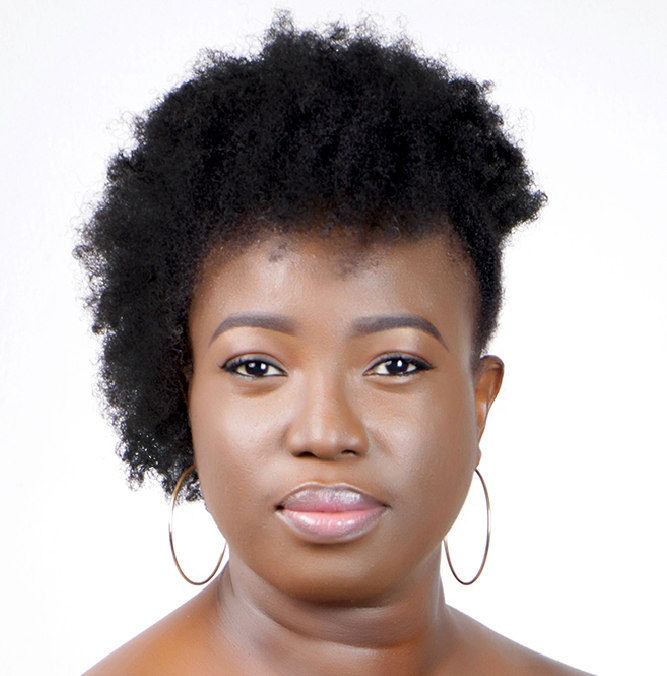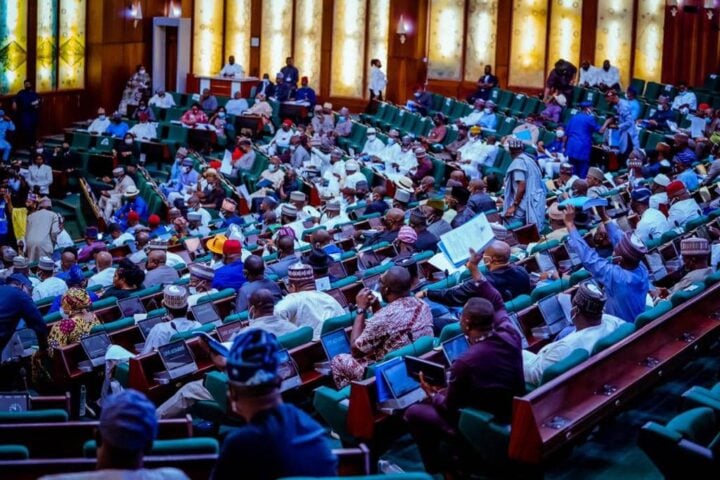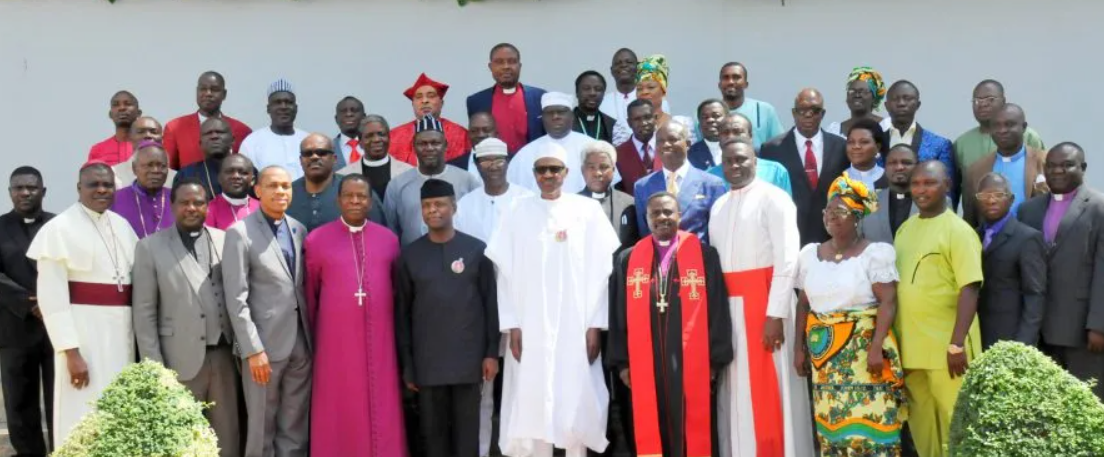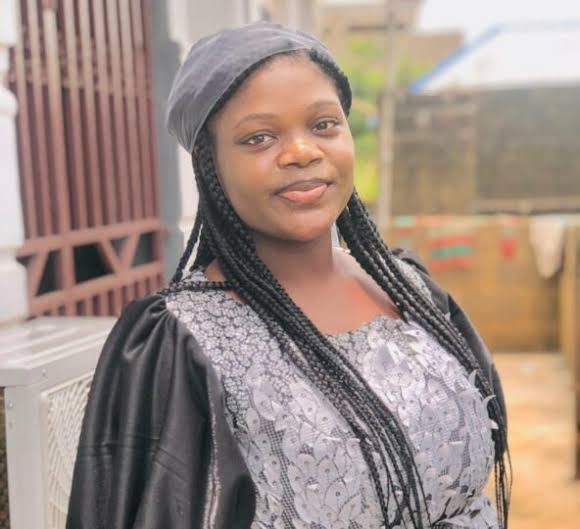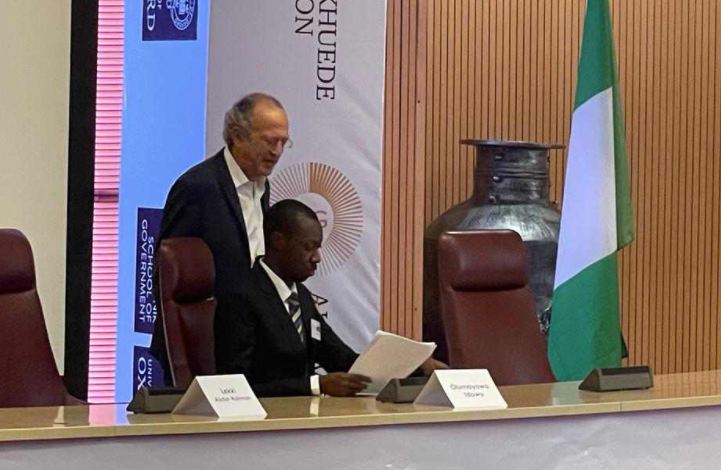One of the five ‘gender bills’ that was rejected by the senate and house of representatives (HoR) during the March 1 voting on the 68 constitution amendment bills is the Reserved Seat Bill. This bill has sparked many arguments with majority agreeing that because women are historically underrepresented in Nigeria’s legislature, as with other political spheres, there is a need for some form of strategy to turn this tide.
However, amidst the debates are some misconceptions about the Reserved Seat Bill, thus necessitating this piece in the hope that it sheds more light and provides important insights on the bill.
What does ‘Reserved Seat’ mean?
Reserved seat is a temporary measure of allocating or reserving a minimum number of seats or positions to historically underrepresented groups – such as women, youth, and persons living with disabilities – in order to promote equal and inclusive political participation. Such measures are usually provided for in legislative and/or policy frameworks like national constitutions, state laws, electoral laws, and political party policies.
Advertisement
Reserved seat is temporary
Reserved seat is a temporary special measure (TSM). TSMs, in the context of the gender bills, are “policies adopted and implemented to increase women’s access to political participation and decision-making in order to overcome structural barriers that women face in male-dominated electoral politics”. In general recommendation No. 25 of the Convention on the Elimination of Discrimination Against Women (CEDAW) committee, state parties like Nigeria are obliged to adopt and implement TSMs if such measures can be shown to be necessary and appropriate in accelerating the achievement of the overall, or a specific goal of, women’s de facto or substantive equality.
Gender quota is an example of a TSM. The International Institute for Democracy and Electoral Assistance (International IDEA) provides three main types of gender quotas, to wit: legislated candidate quotas, legislated reserved seats, and voluntary political party quotas. Gender quotas, provided through measures such as reserved seats, are temporary measures that are discontinued when the objectives of the equality of opportunity and treatment have been achieved and sustained for a considerable period of time. It is noteworthy that TSMs are non-discriminatory, and their nature of being ‘special’ does not suggest special favours for women but serve a specific goal. Also, TSMs are not to cast benefitting women as weak, incompetent, or opportunistic; rather, they guarantee women’s access to leadership opportunities that, hitherto, have been hindered by unfavourable gender stereotypes and prejudices.
Advertisement
Reserved seats in Africa
Many countries use voluntary party and/or legislative quotas, such as reserved seat, to increase women’s participation in their legislatures. For instance, Burundi reserves 30%, Djibouti 25%, Eswatini (formerly known as Swaziland) 30%, Guinea 30%, Niger 25%, Somalia 30%, South Sudan 25%, and Tanzania 30%. Kenya and Zimbabwe reserve 47 of 350, and 60 of 270 parliamentary seats for women, respectively. Of Uganda’s 556 parliamentary seats, 117 are reserved for women, that is: 112 for district women representatives and the remaining five through other special groups. Some other African countries use other gender quota systems which are not legislated reserved seats. For example, South Africa adopts an electoral or political party quota system whereby 50% of elective offices are for women; while Niger’s quota system guarantees women 25% elective and 30% appointive positions, resulting in the country’s current 26% women representation in its parliament. Rwanda’s 2003 Constitution guarantees at least 30% seats for women in all sectors and decision-making organs, including the district councils, political parties, government bodies, and its bicameral parliament where 24 out of 80 (30%) of members of the chamber of deputies are reserved for women.
Reserved Seat Bill in Nigeria
The Reserved Seat (or Special Seats) Bill in Nigeria was sponsored by Hon. Nkeiruka Onyejeocha (deputy chief whip of the HoR) and co-sponsored by Rt. Hon. Femi Gbajabiamila (speaker of the HoR) alongside over 80 members of the HoR. The bill aims to provide special seats for women in the national and state houses of assembly through the amendment of sections 48, 49, and 91 of the 1999 Constitution, and, by extension, sections 71, 77, and 117. In the bill, section 48, which provides for composition of the senate as three senators from each state and one from the Federal Capital Territory, totalling 109 senators, is to be amended to include “one additional senator for each state and the Federal Capital Territory, who shall be a woman”, making 37 more senators. Section 49, which provides that the HoR shall consist of 360 members, is to be amended to include “two additional members for each state and the Federal Capital Territory, who shall be women”, that is 74 more HoR members. This brings the proposed additional seats at the national assembly to a total of 111. At the state houses of assembly, the bill proposes extra 108 seats specially for women through the addition of one female member from each of the three senatorial districts in the 36 state assemblies.
Advertisement
While the special seats are to be filled through direct elections in the states and constituencies as is currently conducted, the bill adds that notwithstanding the proposed additional seats, women shall not be prevented from contesting for any of the existing senatorial or federal constituency seats. Aside from proposing that the measure kicks off after the life of the current national and state houses of assembly, the bill also provides for review sixteen years (four election circles) after its commencement. Should the Reserved Seat Bill have scaled through, it would mean a total number of 146 senators, 434 HoR members, and at least 1,098 total members across the 36 state assemblies, thus guaranteeing minimum female representation of 25.3% at the senate, 17% at the HoR, and 11% across all state assemblies. Even with this, these percentages still fall far below that of the first 100 countries on the list of the Inter-Parliamentary Union’s (IPU) data on women’s representation in parliaments.
Should Nigeria reserve seats for women?
As of February 1, 2022, IPU’s ranking of 192 nations based on women’s representation in their parliaments shows that Rwanda, which ranked first, has women occupying 61.3% of its Lower House (49 of 80 seats) and 34.6% (9 of 26 seats) of its Upper House. Rwanda is also the only African country in the top five countries where women occupy more than 50% parliamentary seats, with others as Cuba (Unicameral: 53.4%), Nicaragua (Unicameral: 50.6%), Mexico (Lower Chamber: 50%, Upper Chamber: 49.2%); and the United Arab Emirates (Unicameral: 50%). In addition to Rwanda, there are four other African countries in the top 20 of the IPU ranking: South Africa (ranked 8th) with 50% at the Lower Chamber and 49.2% at the Upper Chamber; Namibia (ranked 16th) with 44.2% at the Lower Chamber and 14.3% at the Upper Chamber; Senegal (ranked 19th) with 42.7% and Mozambique with 42.4% in their respective Unicameral Chambers. Nigeria ranks 184th out of 192 with 3.6% (13 of 360 seats) at the Lower Chamber and 7.3% (8 of 109 seats) at the Upper Chamber.
Since Nigeria became a democratic state in 1999, within which time there have been six democratic election circles, women’s legislative representation both at the senate and HoR has been abysmal. Of the 109 senators and 360 HoR members, data from the Centre for Democracy and Development (CDD, 2018) shows thus: 1999 – 2003: Senate 2.8% (3), HoR 3.3% (12); 2003 – 2007: Senate 3.7% (4), HoR 5.8% (21); 2007 – 2011: Senate 8.3% (9), HoR 6.9% (25); 2011 – 2015: Senate 6.4% (7), HoR 7.2% (26); 2015 – 2019: Senate 6.4% (7), HoR 6.1% (22); and 2019 – 2023: Senate 7.3% (8), HoR 3.6% (13). This means that in this Ninth Assembly, women constitute only 4.5% (21) of the 469 seats, while men occupy 95.5% (448) seats.
Advertisement
Staggeringly, in the current electoral circle (2019 – 2023), of the 990 seats across the 36 state houses of assembly in Nigeria, women occupy only 44 (4.4%) seats while men fill 947 (95.6%) seats. In fact, across the 36 state assemblies, only 21 have female legislators and the remaining 15 have none. In the previous election circles, women state assembly members were 24 (2.4%) in 1999, 40 (4%) in 2003, 57 (5.8%) in 2007, 68 (6.9%) in 2011, and 51 (5.2%) in 2015. What these data depict is a disappointing and worrisome trend that despite women forming at least 49% of her over 200 million population, Nigeria has never had up to 9% average women representation in any of its legislative houses, both at national and state levels, since becoming a democratic nation 23 years ago.
The imperativeness of reserved or special seats as a way of having more women in Nigeria’s parliaments is, among others, hinged on the reality that unless we deliberately allocate seats to women through legislated and/or voluntary quota systems, we will continue to have highly male-dominated legislature while we miss out on the immeasurable positive impacts of women’s unique contributions. The causative factors responsible for the limited political inclusion and participation of women in Nigeria are rooted in our acutely patriarchal system and evidenced by cultural, political, religious, and institutional barriers. Breaking the biases and surmounting the roadblocks require relentless concerted efforts over a relatively extensive period for the desired gains to begin to manifest. It is, therefore, only sensible that despite the criticisms of the Reserved Seat Bill, it is still a necessary stop-gap measure in ensuring more women representation in Nigeria’s legislature even as we continue to change misogynistic mentalities and reshape our deeply ingrained chauvinistic society to one that understands the criticality of gender parity.
Advertisement
Criticisms of the Reserved Seat Bill
Five main criticisms have been adduced against the Reserved Seat bill – increase in the already over-bloated cost of governance; increase in the size of the national assembly which may affect the quality and effectiveness of legislature; discrimination against men; reinforcement of tokenism and paternalism, and the notion that the number of proposed reserved seats are low and may limit the amount of women participation to the exact proposed additional seats. These criticisms are not altogether invalid.
Advertisement
However, providing in-depth counternarratives, which will require data and empirical evidence, will shift the focus of this already long piece. This may be considered as a follow-up article. That said, it is important to state that examples abound of the direct correlation between the social advancement, political development, and economic growth that certain nations record and the unhindered representation and participation of women in all spheres.
In fact, 16 of the top 20 countries in the aforementioned IPU ranking – asides Andorra, Cuba, Finland, and Grenada – adopt reserved seat or some other gender quota system to achieve gender parity in their parliaments. It, therefore, cannot be overstated that a Reserved Seat bill will not only guarantee electoral security for women, but will also form the legal backbone for a level-playing field where women can equally achieve their desire and quest to contribute to Nigeria’s growth and development. And, for a country that gained independence almost 62 years ago, Nigeria is definitely in dire need of the change and impact that can only be produced when women equally and meaningfully participate in her legislature.
Advertisement
Why legislated reserve seats?
One key reason for a constitution amendment to guarantee women’s political participation is that from time immemorial, laws and policies have been used to not only represent the ideals that guides and binds members of society, but to reflect the priorities, preferences, and direction of such nations. In this vein, the instrumentality of law and policy reforms are crucial in demonstrating Nigeria’s commitment to addressing the structural barriers, social bottlenecks, and cultural prejudices that impede women’s leadership representation and participation. While we continue to address the root causes of gender inequality through non-legal approaches, a simultaneous review of our apex law to model a desired egalitarian society will help in producing holistic and sustainable outcomes.
One thing Nigeria can learn from most of the countries that are celebrated today for having gender-sensitive parliaments is how they adopt and implement legislative and policy frameworks – at national and sub-national levels as well as in political party administrations – to demonstrate their commitment to progressively creating more gender-equal societies. Nigeria should, as a matter of urgency, follow suit.
#BreakTheBias
*Bukky Shonibare is the Executive Director of Invictus Africa. She holds a Master of Laws (LLM) in International Law and Development from the University of Nottingham; and is currently studying for a Master’s degree in International Human Rights Law at the University of Oxford. Bukky is a 2021 Ford Global Fellow.
Views expressed by contributors are strictly personal and not of TheCable.
Add a comment
